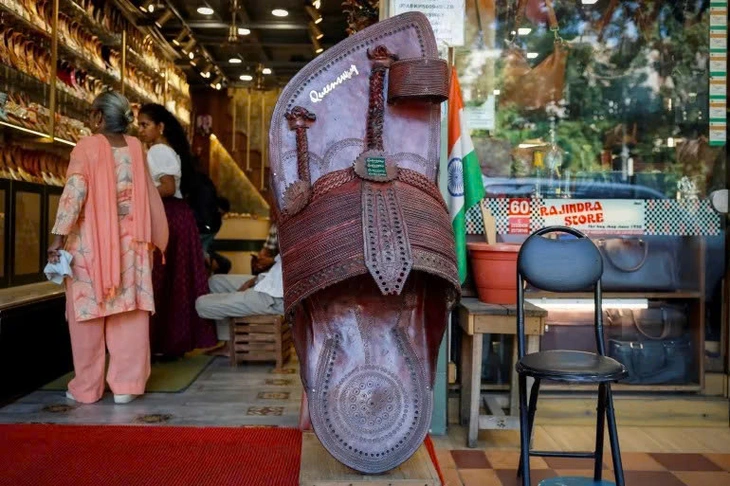
Customers shop for Kolhapuri slippers - a traditional Indian footwear - at a store in New Delhi, India - Photo: REUTERS
According to Al Jazeera , on May 22, as models walked the runway at Milan Men's Fashion Week Spring-Summer 2026, Harish Kurade - an artisan living in the southern state of Maharashtra, India - watched the show on his phone screen and was amazed by the leather sandals that Prada introduced as the latest model in the collection.
Inspired or cultural appropriation?
Specifically, Prada introduced a classic T-strap leather sandal with a design identical to traditional Kolhapuri sandals, which are very popular in India and are often worn on important occasions such as weddings or festivals.
The Prada slippers are currently priced at around $1,400 a pair, while the original Kolhapuri slippers can be easily found in Indian markets for as little as $12.
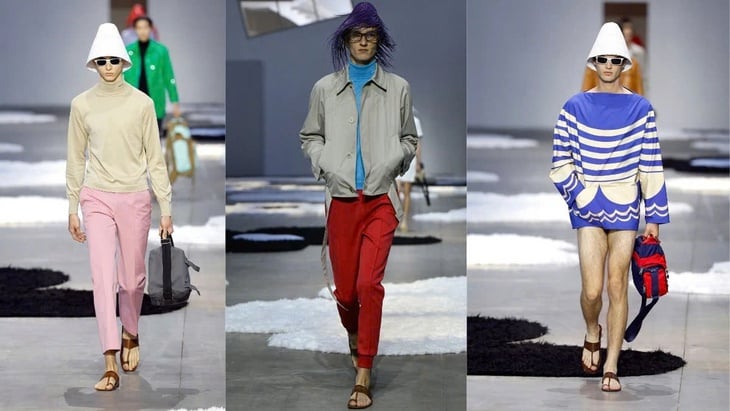
Models showcase open-toed leather sandals with a design identical to the Kolhapuri - Photo: PRADA
In India, this has sparked an immediate backlash from the artisan community and politicians , as the Italian fashion house has failed to acknowledge the cultural origins of Kolhapur, the city where the handmade slippers originated centuries ago. They are preparing to file a lawsuit against Prada in the Mumbai High Court.
After the Maharashtra Chamber of Commerce, Industry and Agriculture wrote to Patrizio Bertelli, chairman of Prada's board of directors, expressing the concerns of Kolhapuri sandal artisans, the Italian fashion brand responded within two days.
In a response, Prada admitted that their new design was "inspired by traditional Indian handmade slippers" and stated: "We are fully aware of the cultural importance of Indian craftsmanship. This collection is still in the early stages of concept development, and no designs have been produced or commercialized."
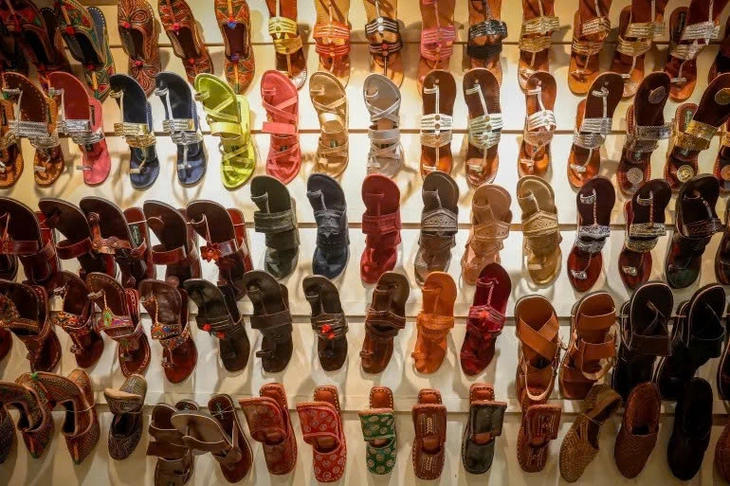
Kolhapuri slippers on display at a store in New Delhi, India - Photo: REUTERS
However, this response did not completely calm the wave of anger. Srihita Vanguri - a fashion entrepreneur from Hyderabad - commented that Prada's actions were "disappointing but not surprising".
"Luxury brands have long borrowed design elements from traditional crafts without giving them due credit until they are publicly criticized. Simply taking inspiration without giving credit or sharing the benefits is cultural appropriation.
Kolhapuri is not just a style of sandal, but a symbol of a long-standing heritage preserved by generations of artisans in Maharashtra and Karnataka. Prada is taking away the livelihood of the people here," she said.
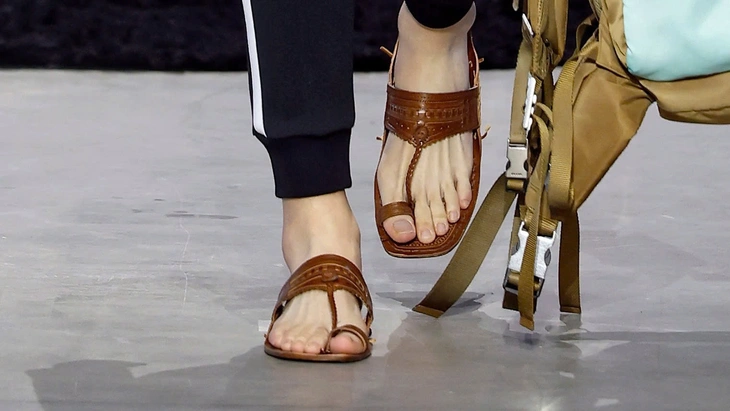
What Prada needs to do is be willing to collaborate with artisans, not just stop at randomly taking inspiration without citing the origin - Photo: PRADA
According to Srihita Vanguri, an apology is not enough. True respect would be if Prada designed a private collection with Kolhapuri artisans, recognized their creativity, shared profits, and provided global exposure.
What do Kolhapur artisans say about Prada?
Located in the southwestern state of Maharashtra, the city of Kolhapur is not only famous for its sacred Hindu temples and spicy cuisine, but also for its long-standing artisanal pride.
Kolhapuri sandals have been around since the 12th century and today more than 20,000 local families make a living from this craft.
The family of artisan Harish Kurade expressed joy at seeing Prada showcase its Kolhapuri sandals. However, he said the craft is becoming increasingly difficult to make a living.
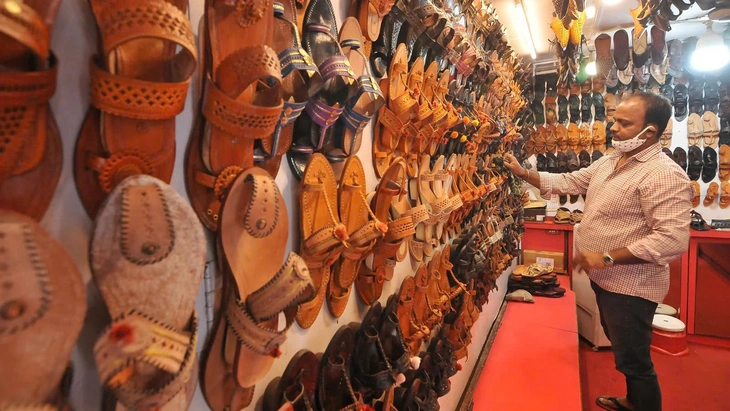
A Kolhapuri slipper shop in India - Photo: REUTERS
"Indians are no longer willing to invest in this profession. If an international brand comes, copies it and takes it to the world, it might be good for us," Kurade said.
At 40, he admits that workers like his family are “still stuck in the same place,” unable to develop due to lack of government support. In fact, he believes politics is making things worse.
Since 2014, when the Hindu nationalist government led by Prime Minister Narendra Modi came to power, cow protection has become a hot topic, even leading to violence. Many Dalits and Muslims - the communities that mainly transport cattle to markets - have been attacked by extremist groups in the name of "cow protection".
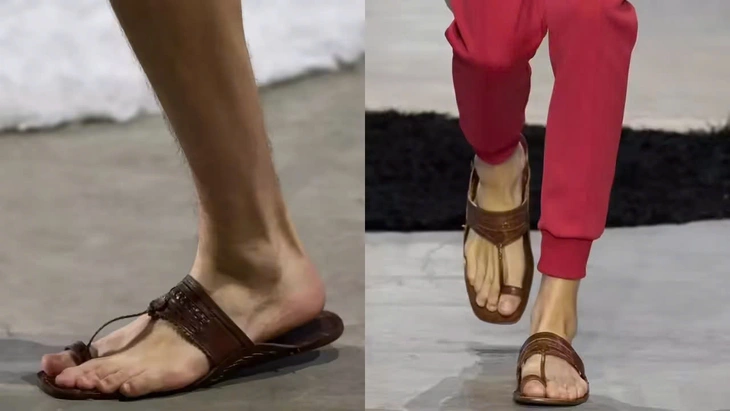
Many artists, politicians and activists are concerned about the risk of cultural appropriation and financial exploitation from Prada - Photo: PRADA
This has made the supply of cow and buffalo leather - the main raw material for making Kolhapuri sandals - scarce and expensive.
"The best leather is now banned in many states because of the politics surrounding cows. We are suffering huge losses because we are no longer able to maintain the quality as before," Kurade said.
Source: https://tuoitre.vn/prada-bi-to-dao-nhai-thiet-ke-dep-truyen-thong-an-do-tuy-tien-chiem-dung-van-hoa-20250702000341953.htm



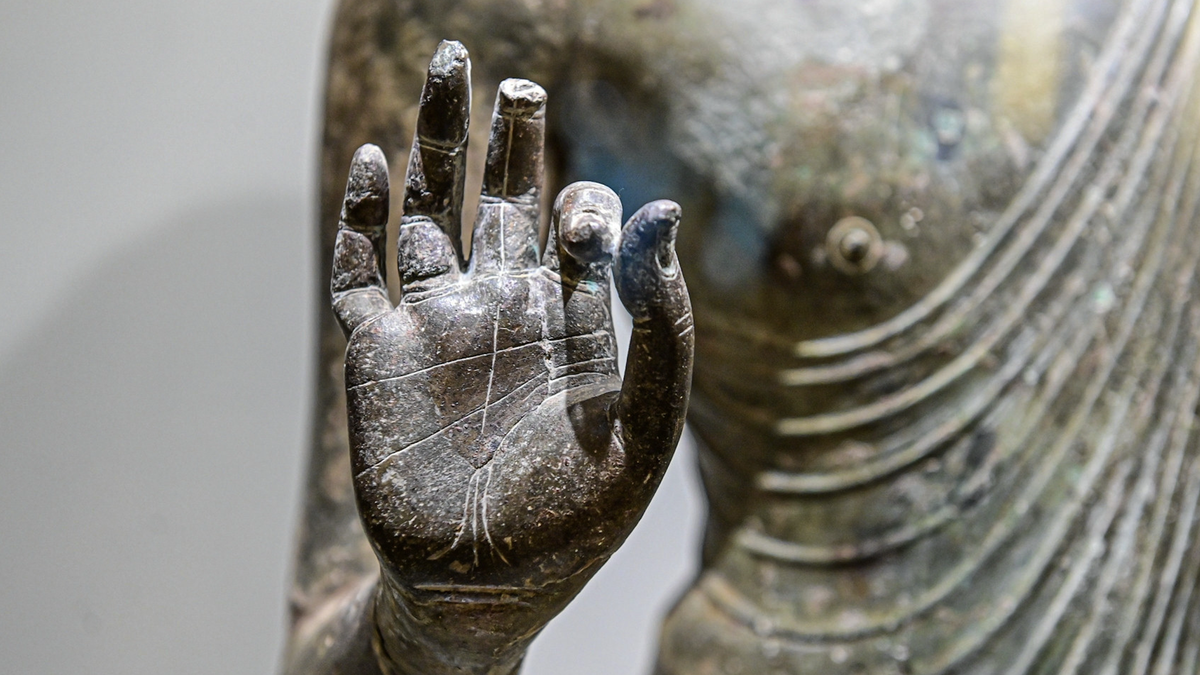

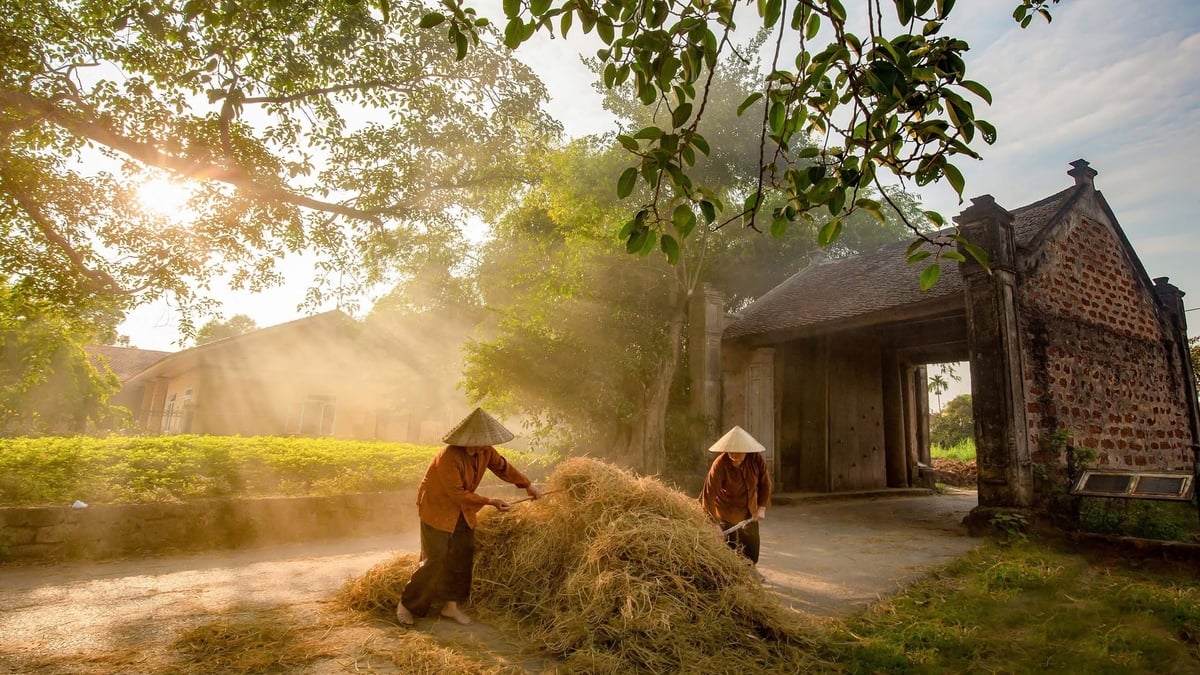

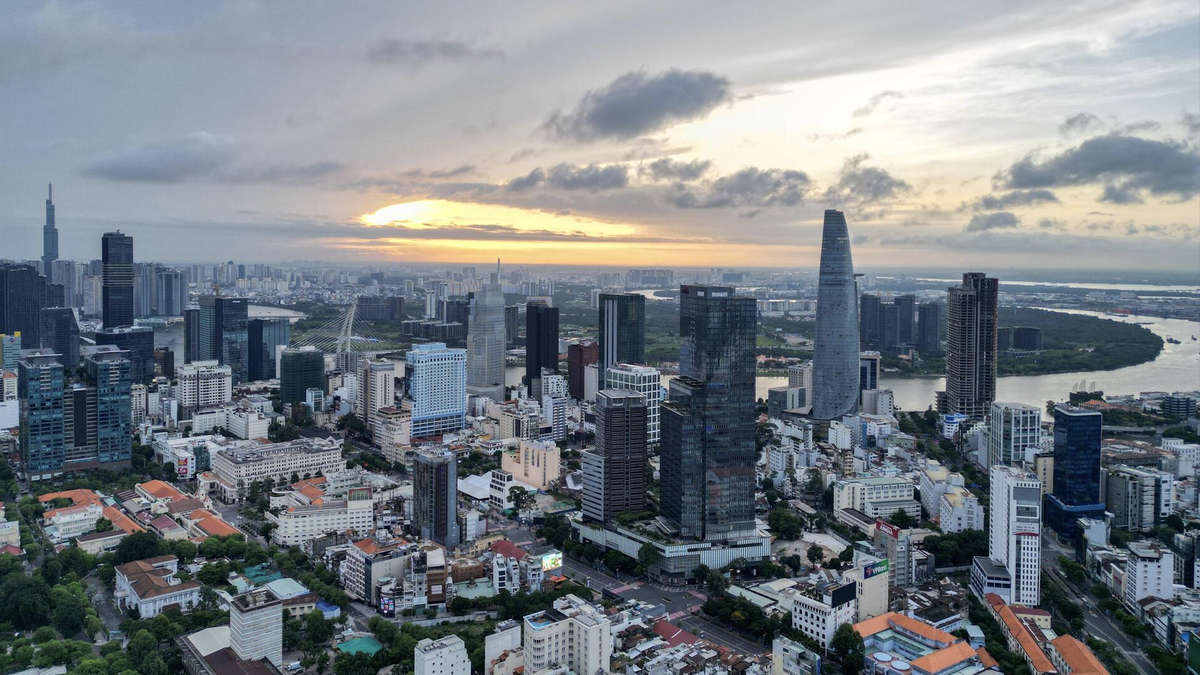
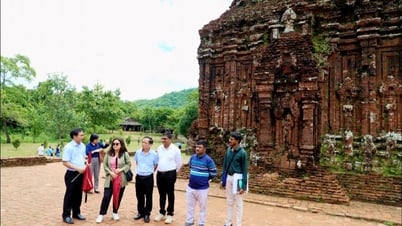


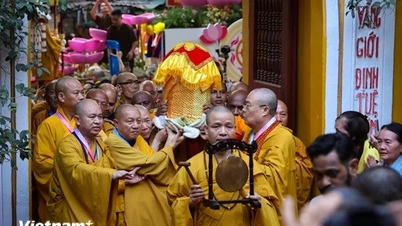





















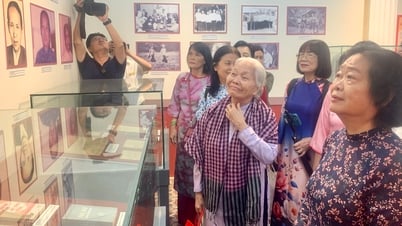

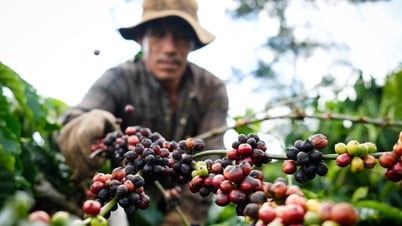
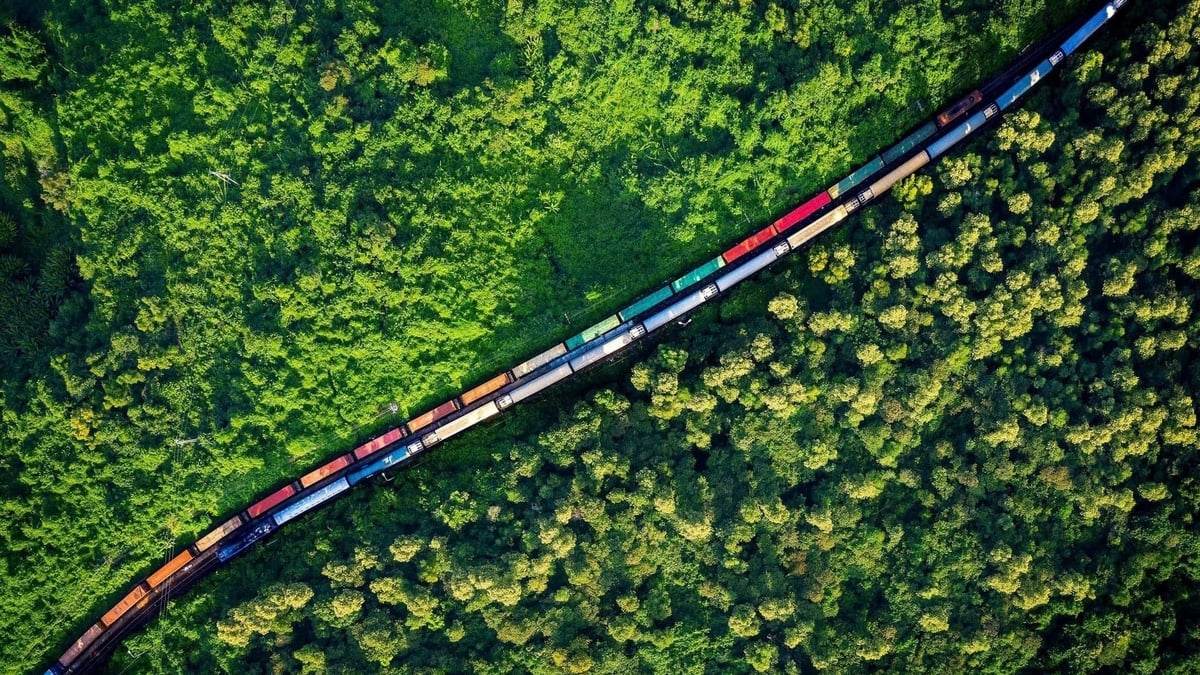





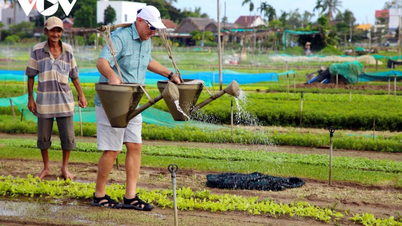





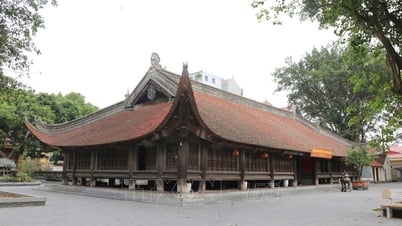










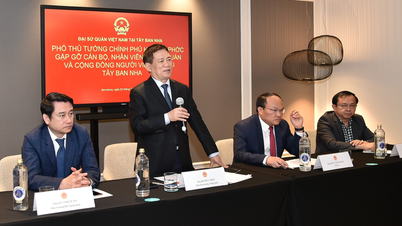















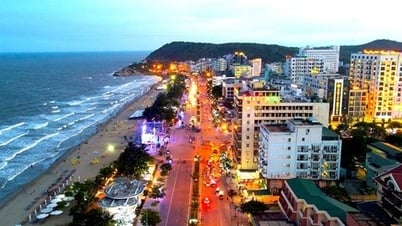

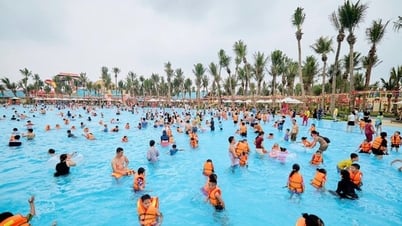




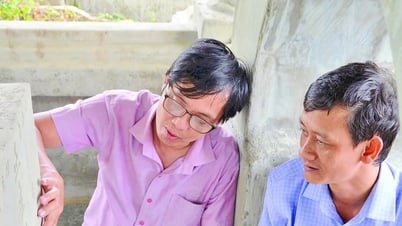










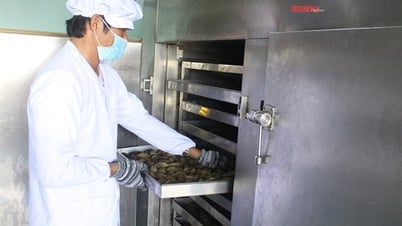

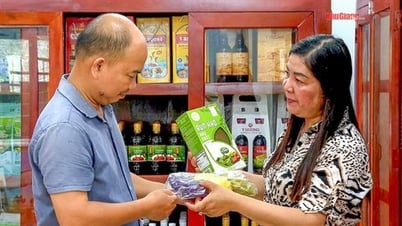





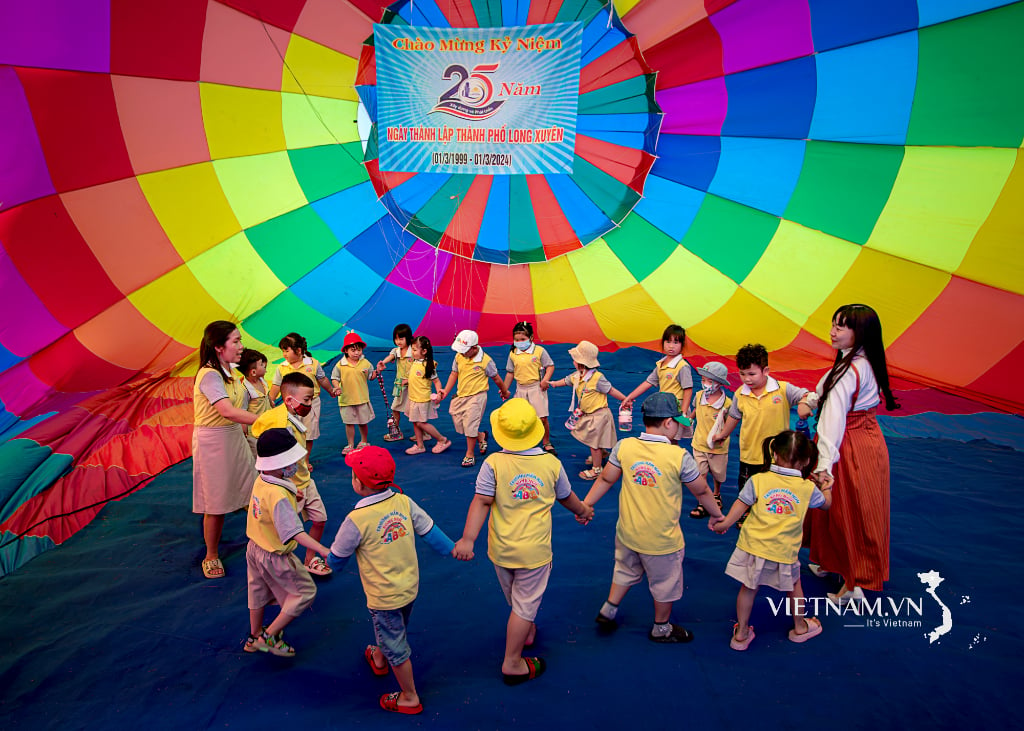



Comment (0)